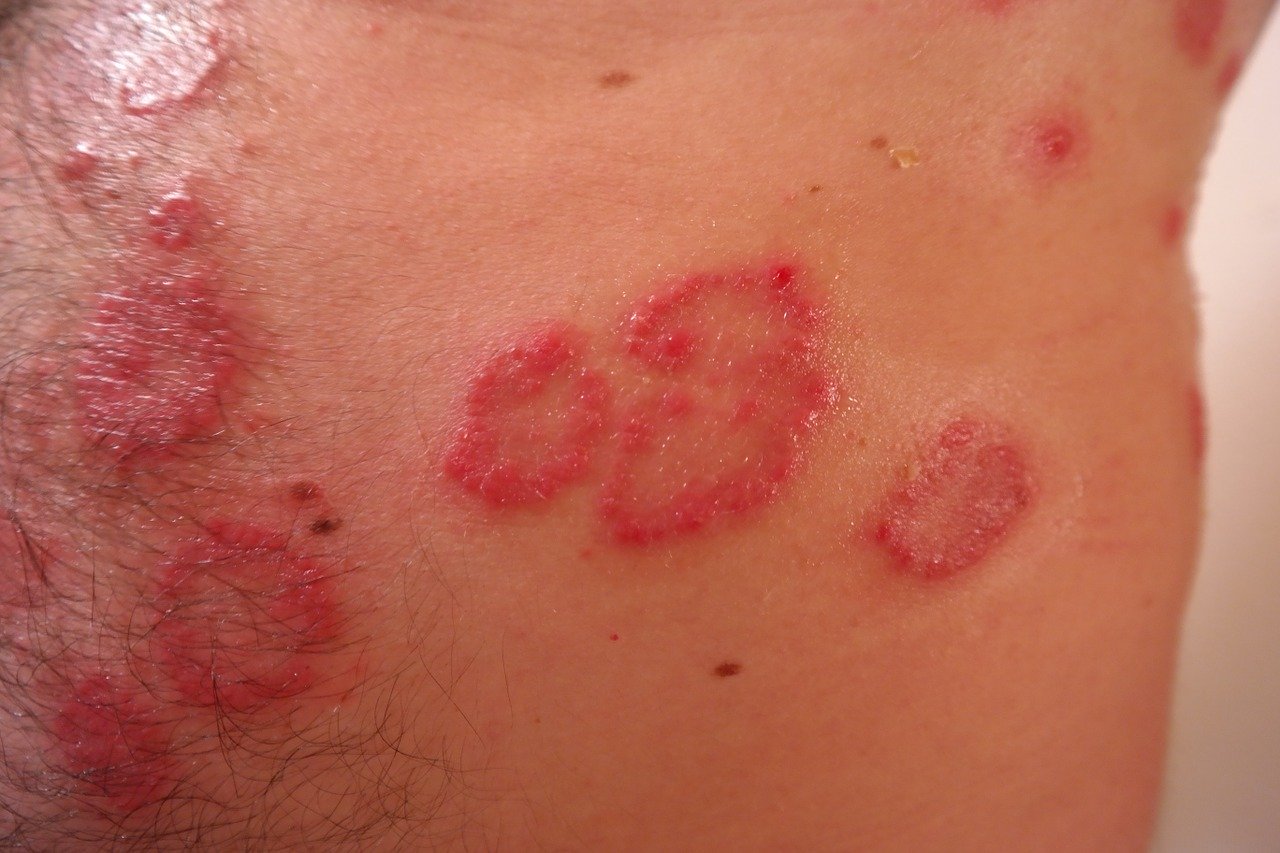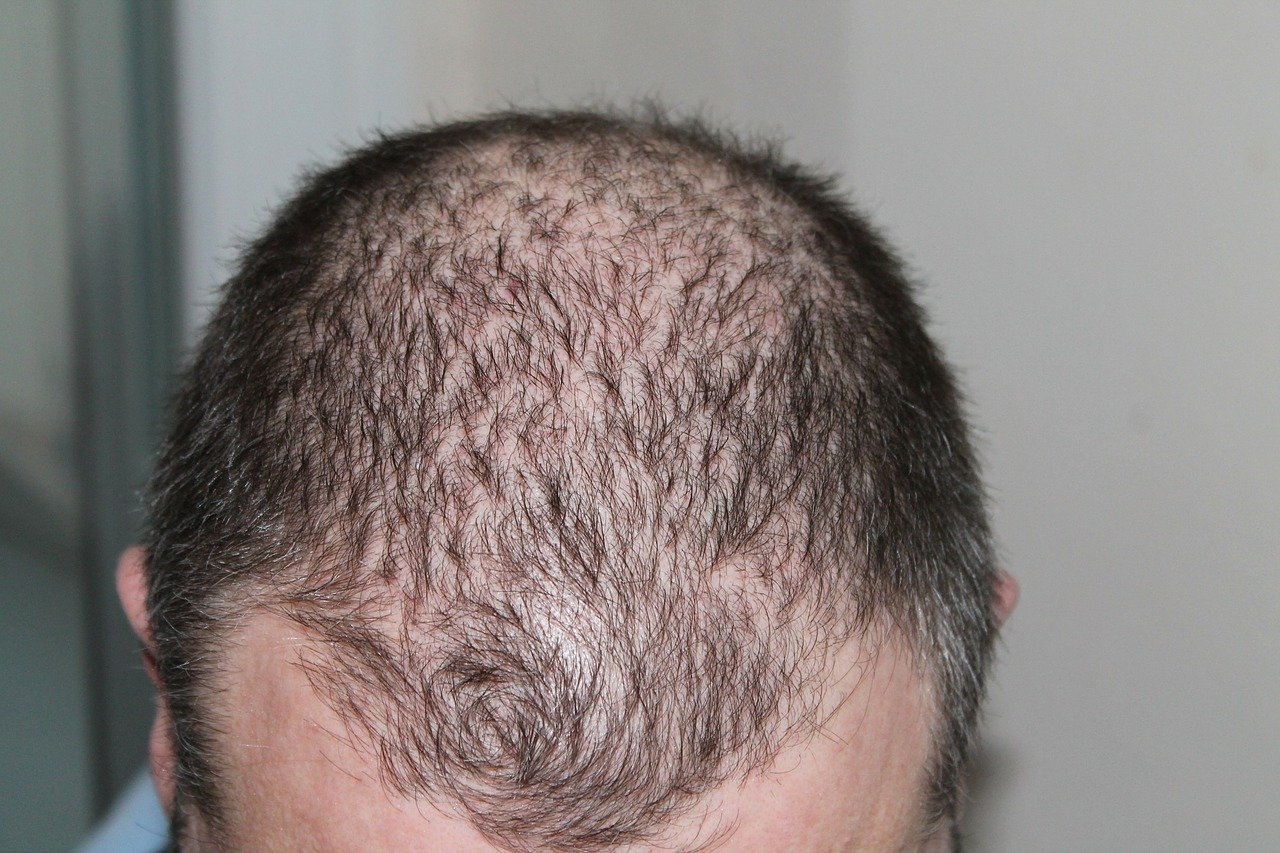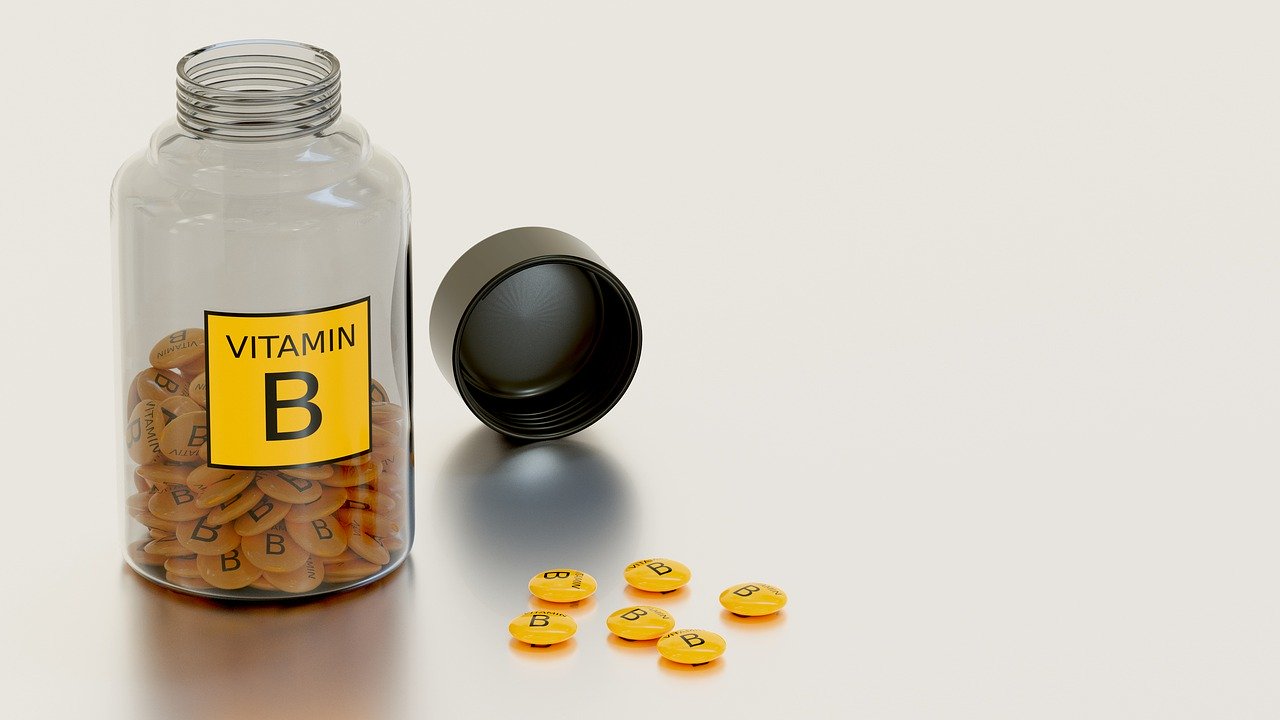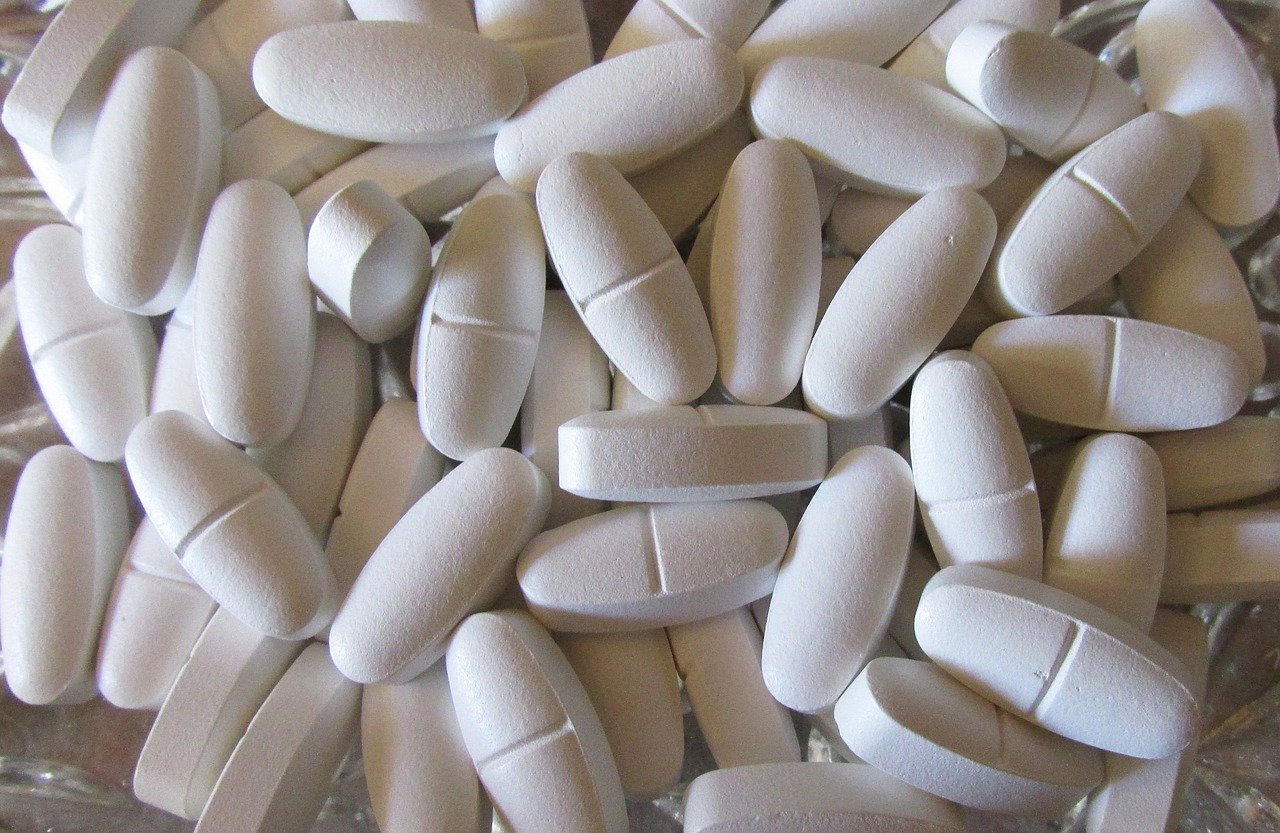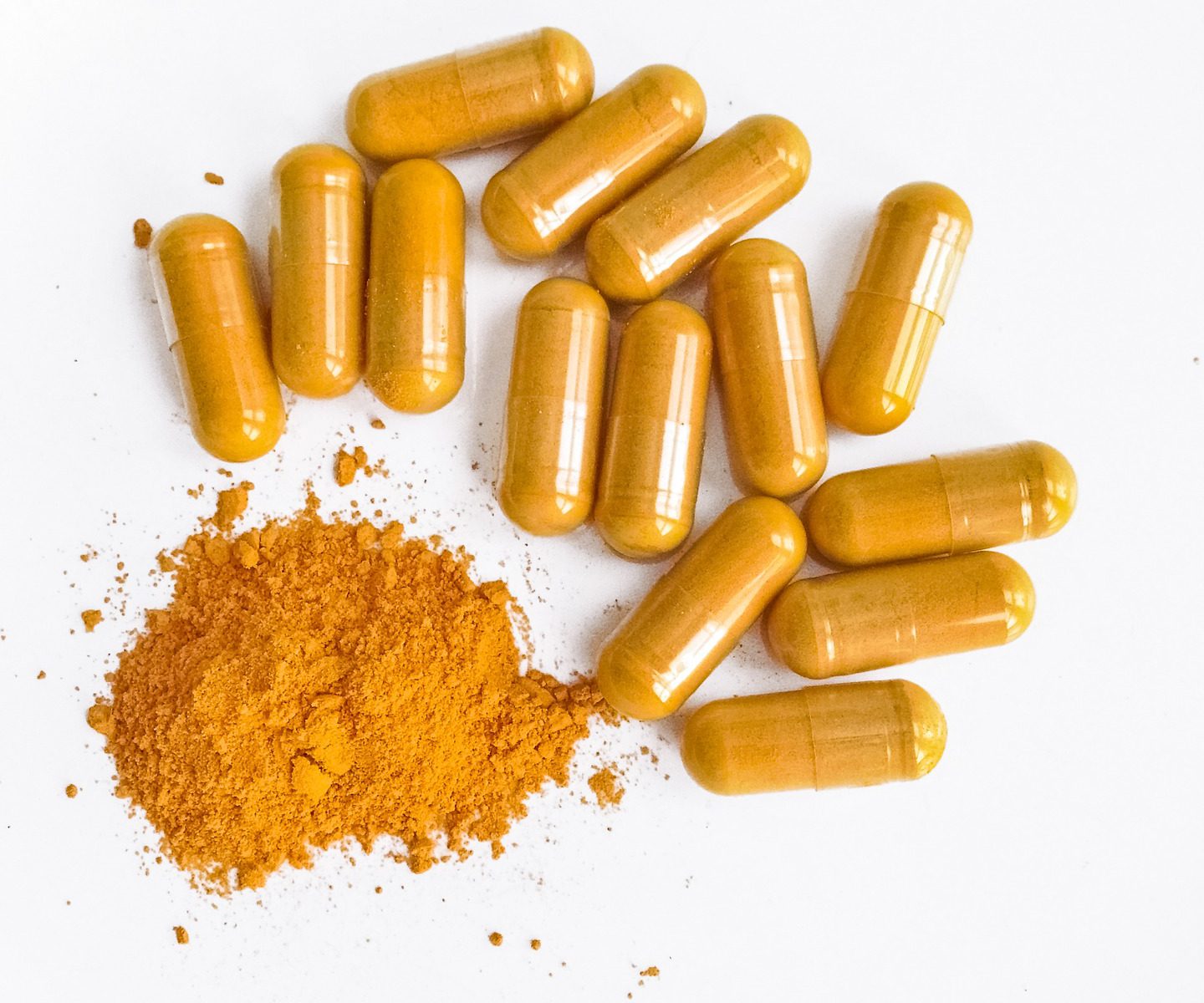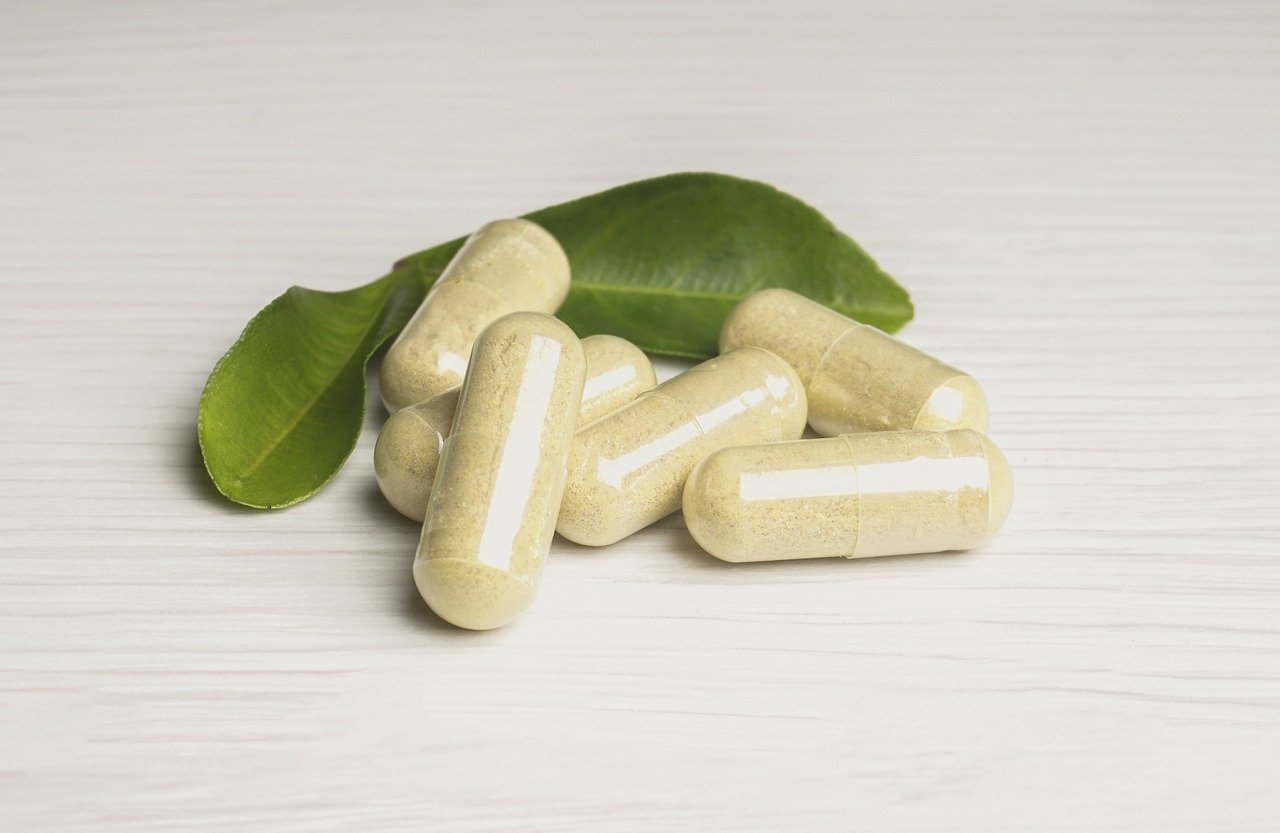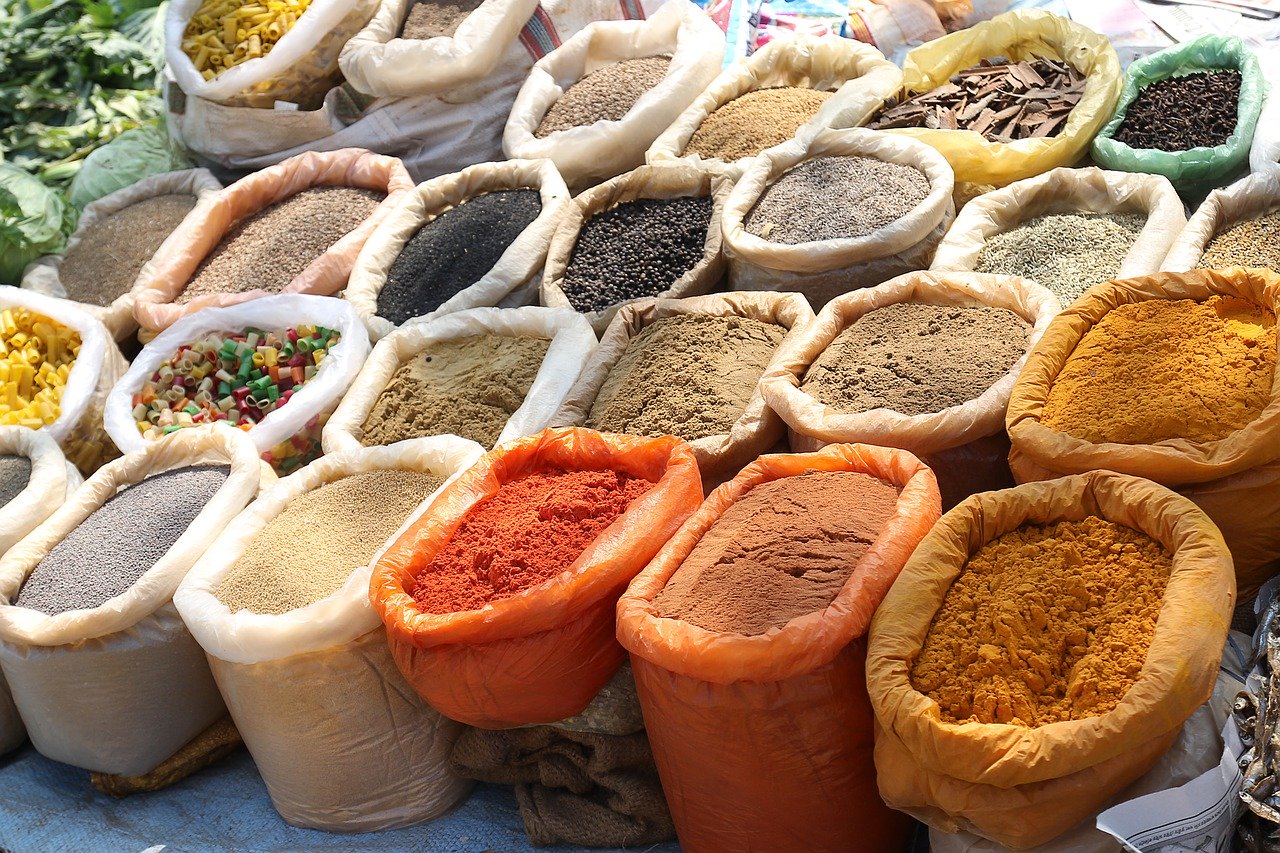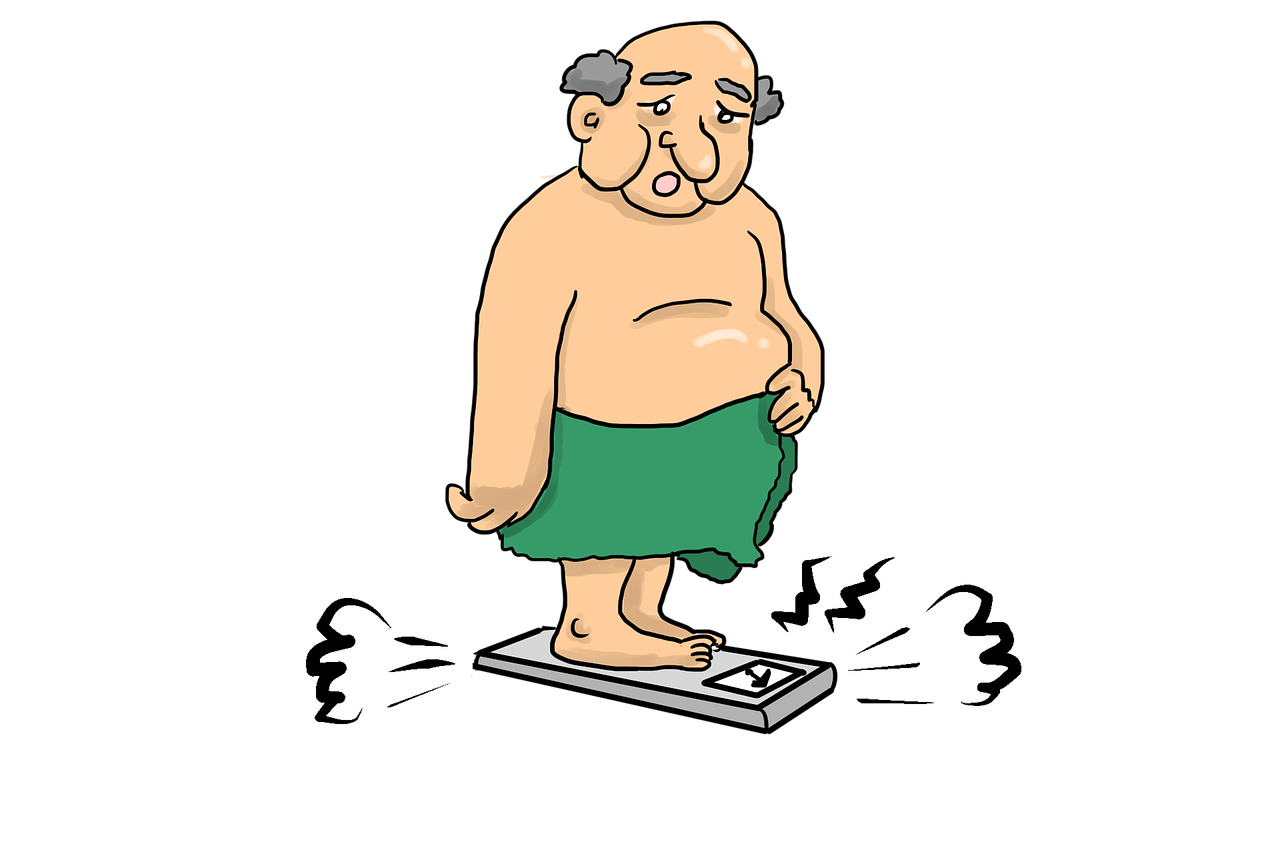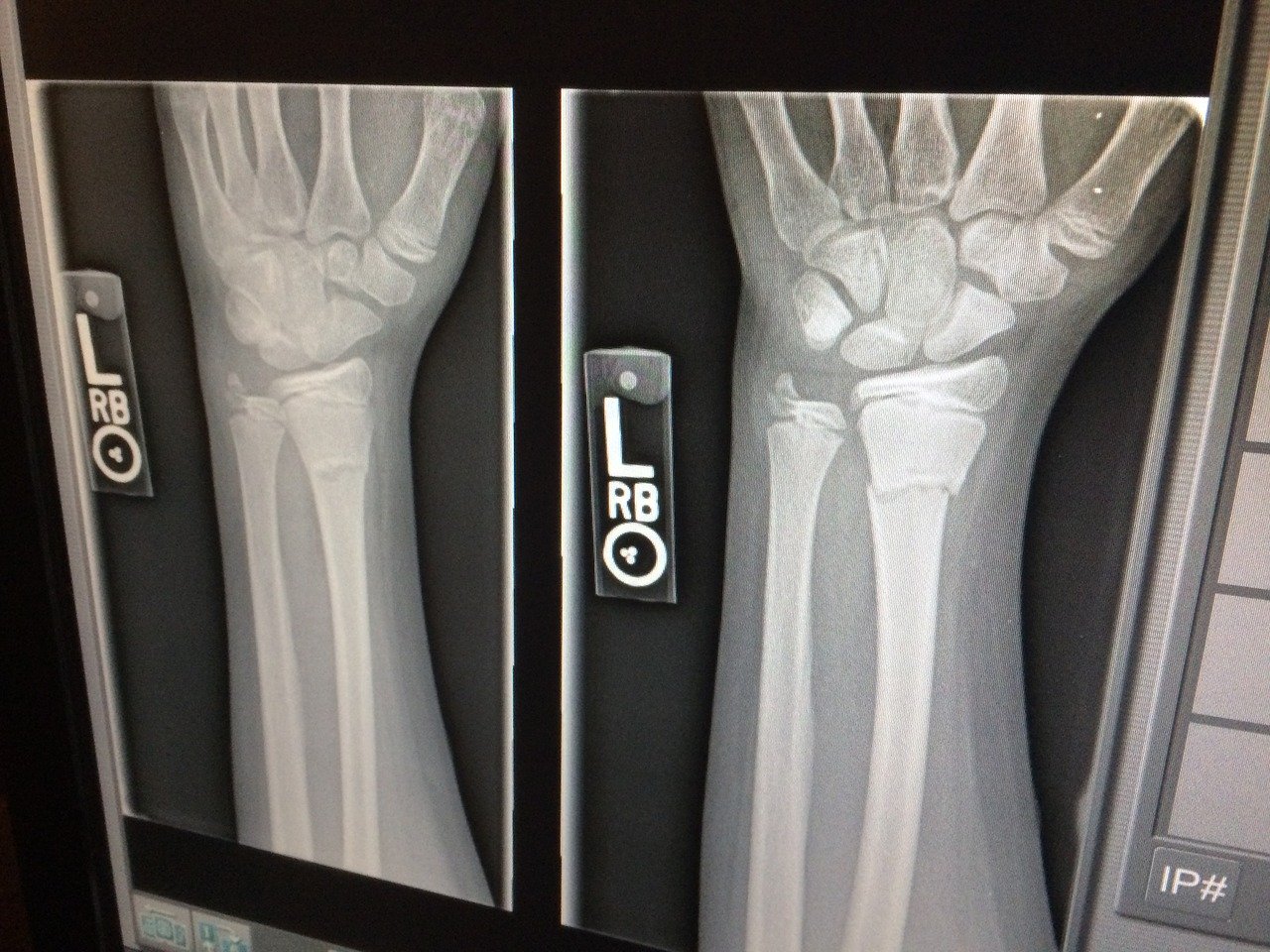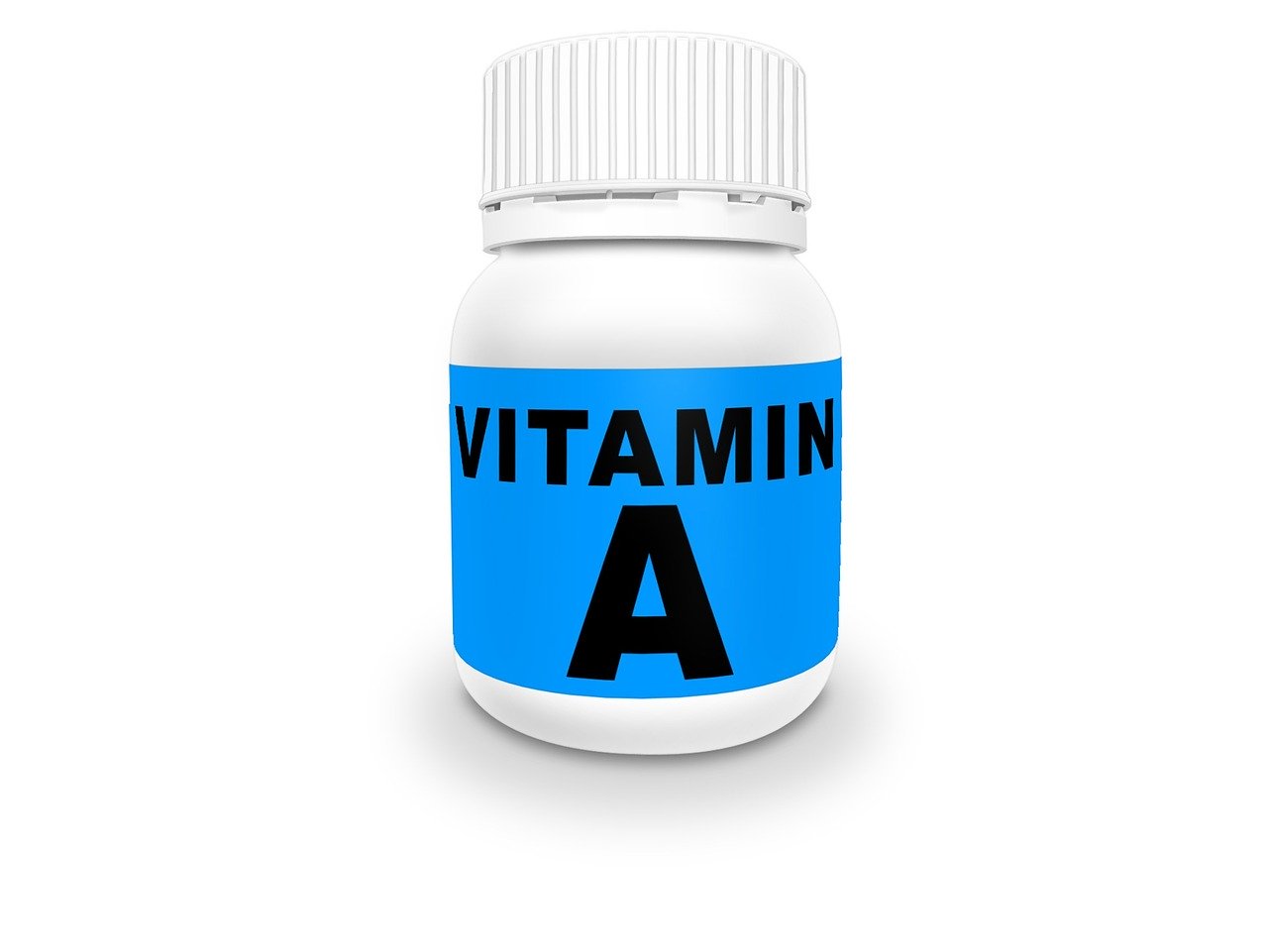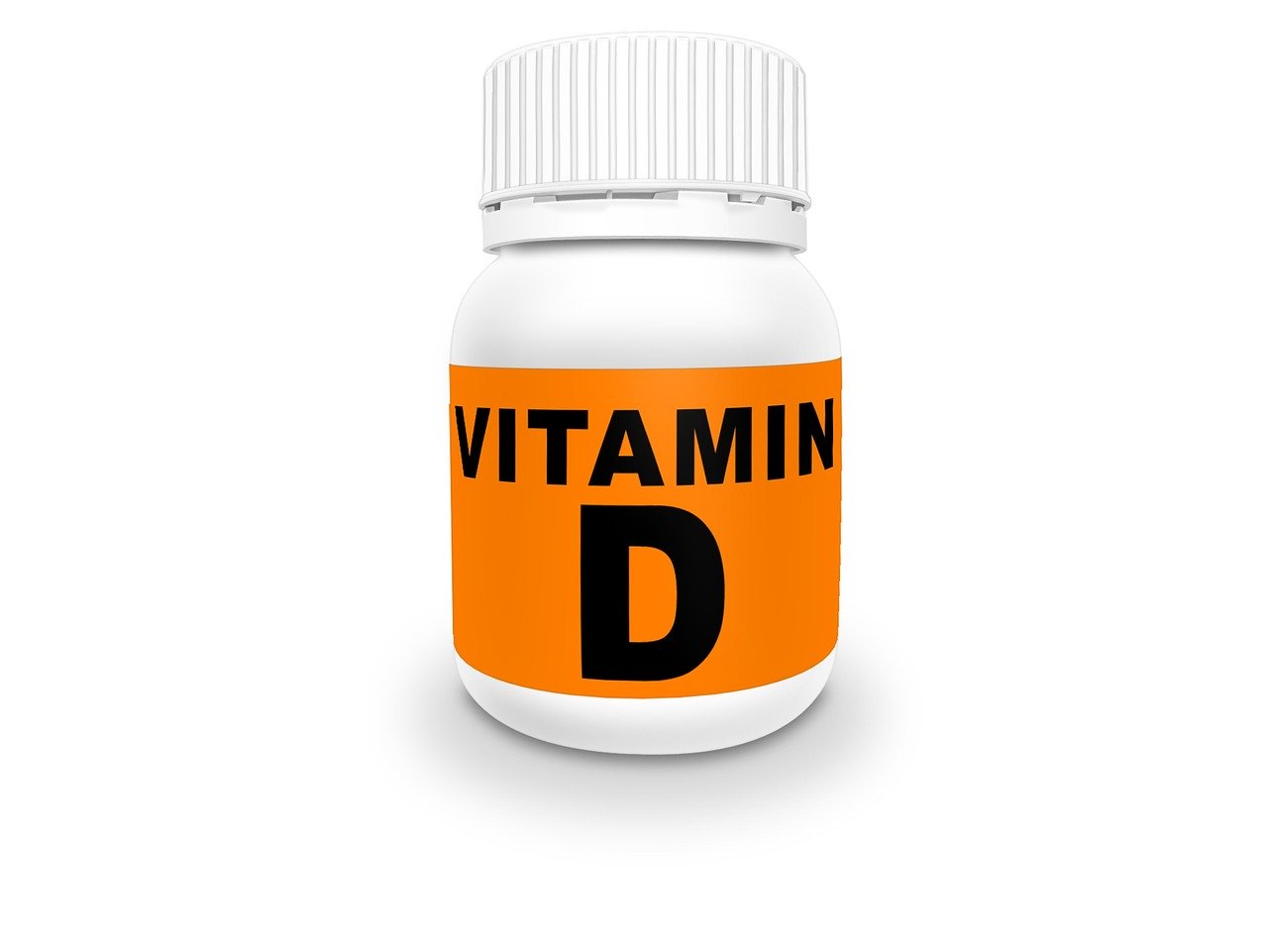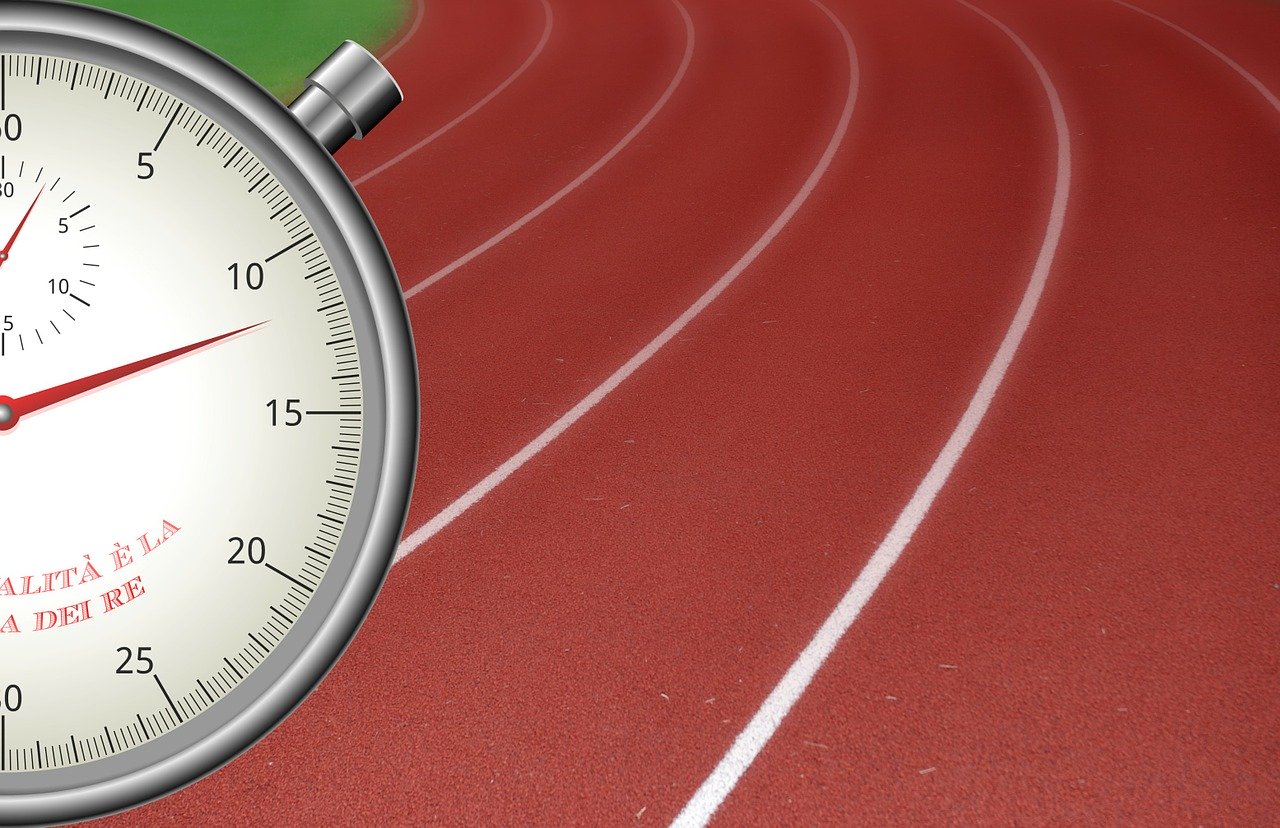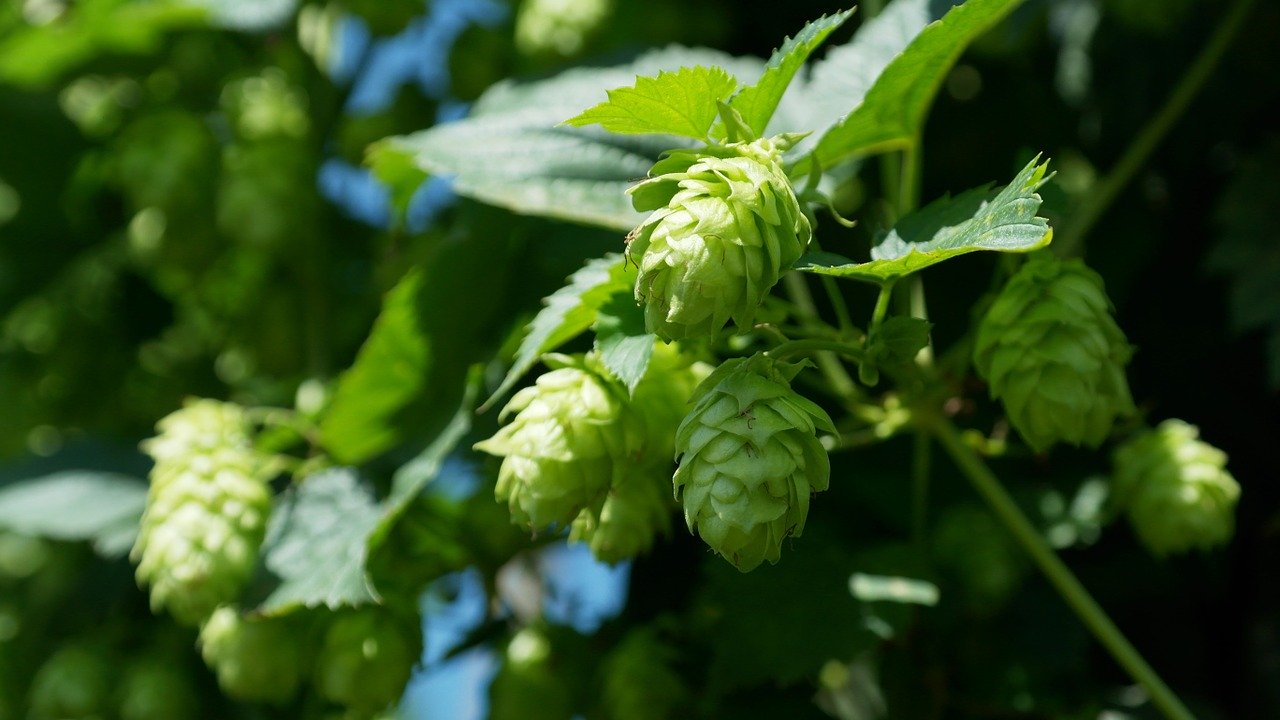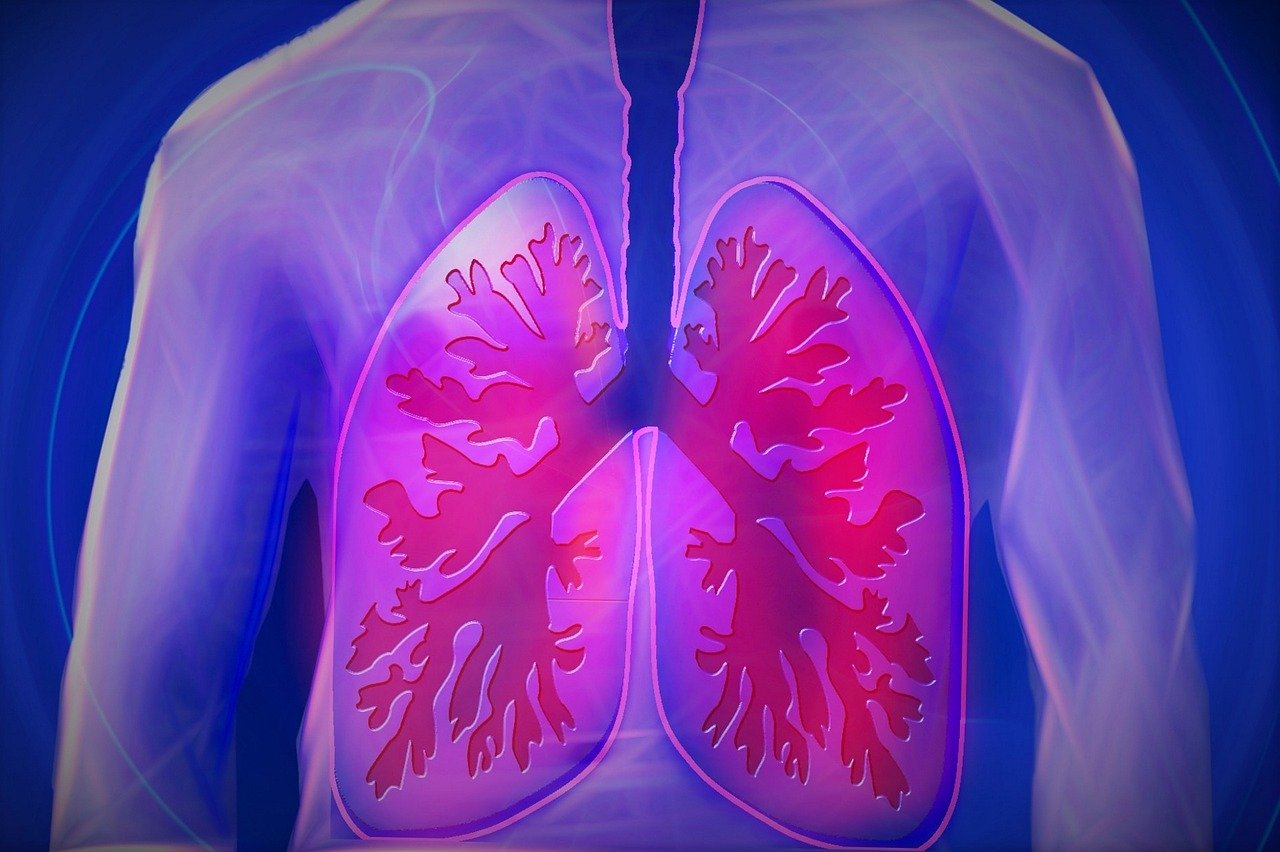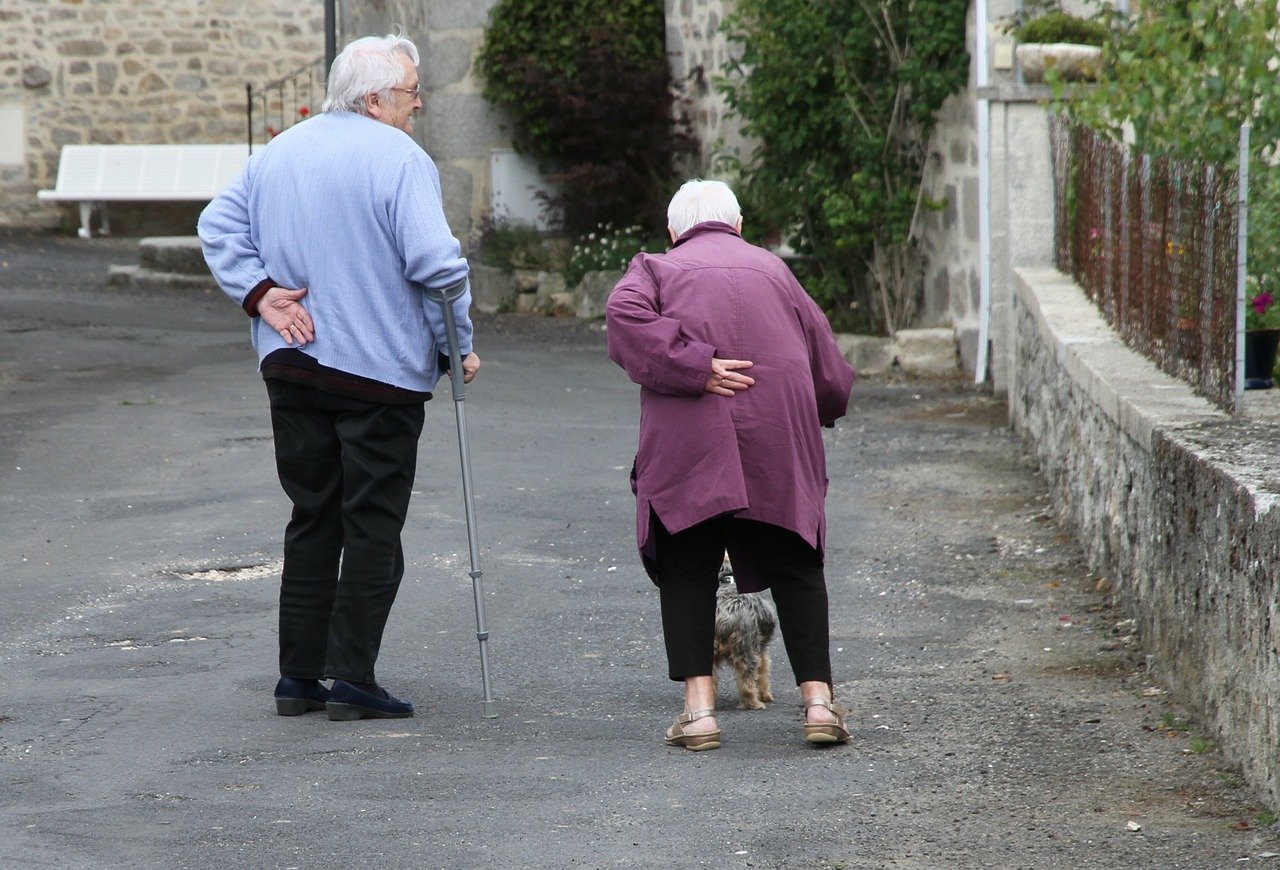In August 2019 researchers from China published their review of the medical scientific literature to assess the effectiveness of complementary and alternative medicines on vasomotor symptoms. Vasomotor symptoms are usually … Read more
Top-level female footballers undertaking an intense 3-week training period prior to a competition found that beta-alanine supplementation taken during the same time period had no impact on the worsening of their high-intensity intermittent exercise capacity
In April 2020 researchers from Brazil published the results of their study to assess whether beta-alanine supplementation taken during a short-duration intense football-specific training period prior to an international competition … Read more
Environmental factors as well as the gut microbiota may strongly influence the development of psoriasis and its progression
In March 2020 researchers from Italy, USA and Serbia published their review on the interactions between the skin, microbiome, gut microbiota and psoriasis. The researchers stated that psoriasis is alternatively … Read more
A vitamin or mineral deficiency or a severe reduction in carbohydrate intake may contribute to hair loss
In March 2019 researchers from Saudi Arabia and the USA published their review of the medical scientific literature to assess the role of vitamins and minerals in hair loss. A … Read more
Adults genetically at risk of developing hypertension who take vitamin B2 (riboflavin) supplementation may reduce their systolic blood pressure by up to 13 mmHg, which could be clinically important seeing that a 10 mmHg reduction in systolic blood pressure is estimated to decrease the risk of stroke by 40%
In April 2020 researchers from the UK published their review to assess the association between nutrition and risk of hypertension. Hypertension contributes to over 9 million deaths per annum, mainly … Read more
Older females who use calcium supplementation appear to have significantly higher abdominal aorta calcification progression with no significant preservation of bone mineral density
In March 2020 researchers from Canada assessed the association between calcium supplementation and progression of abdominal aorta calcification over a 5-year period. It should be noted that calcium supplementation has … Read more
Curcumin appears to play an anti-inflammatory and immunosuppressive role in individuals with psoriasis and psoriatic arthritis
In March 2020 researchers from Greece published the results of their study to assess the mode of action of curcumin in psoriatic disease. The researchers stated that studies have shown … Read more
Berberine supplementation may delay the development of dementia by preventing brain damage, improving cognition, and by reducing risk factors such as metabolic dysfunction, and cardiovascular, kidney and liver diseases
In March 2020 researchers from Japan, UK and Hong Kong published their review of the medical scientific literature to assess the potential of berberine as a treatment for dementia associated … Read more
Garlic supplementation for 12 weeks may reduce pain severity in overweight or obese women with knee osteoarthritis
In September 2018 researchers from Iran and Australia published the results of their study to assess the anti-inflammatory and analgesic effects of a garlic supplement on levels of resistin and … Read more
Herbs and spices appear to have antioxidant, anti-microbial, and anti-inflammatory properties and they may in addition reduce the risk of developing chronic diseases, eg cardiovascular disease, neurodegenerative conditions, chronic inflammation, arthritis, cancer, obesity and diabetes type 2
In May 2019 researchers from Canada published their review of the medical scientific literature to identify and assess specific biomarkers in 25 herbs and spices, namely anise, basil, black pepper, … Read more
Rice wine lees supplements significantly improved visual selective attention and transthyretin levels but had no effect on other cognitive performance tests in physically active older adults
In February 2020 researchers from Japan published the results of their study to assess the effect of rice wine lees on cognitive function in physically active older adults. A total … Read more
Omega-3 and vitamin E supplementation taken together appears to significantly reduce triglyceride and LDL(bad)-cholesterol levels in overweight individuals with metabolic disease, but have no significant effect on the levels of total cholesterol and HDL(good)-cholesterol
In July 2019 researchers from Iran published their review of the medical scientific literature to assess the effect of omega-3 and vitamin E supplementation taken together on total cholesterol, triglycerides, … Read more
Who needs calcium and/or vitamin D supplementation for the prevention of fragility fractures?
In April 2020 researchers from New Zealand published their review on calcium and/or vitamin D supplementation for the prevention of fragility fractures. The researchers stated that as vitamin D and … Read more
Short-term oral vitamin A supplementation may improve the quality, but not the quantity, of tears in individuals with dry eye
In April 2019 researchers from Saudi Arabia published their study to assess the effects of short-term oral vitamin A supplementation on the ocular tear film in individuals with dry eye. … Read more
Researchers recommend that individuals at risk of influenza and/or COVID-19 consider taking 10,000 IU/d of vitamin D3 for a few weeks to rapidly raise their vitamin D levels, followed by 5000 IU/d in order to raise their vitamin D levels above 40-60 ng/mL (100-150 nmol/L) in order to reduce the risk of infection
In April 2020 researchers from the USA published their review on the role of vitamin D in reducing the risk of respiratory tract infection, epidemiology of influenza and COVID-19, and … Read more
A caffeine supplement does not improve the 800-m running performance of trained runners but does appear to impair sleep quality
In September 2019 researchers from Spain published the results of their study to assess the effect of caffeine intake on 800-m running performance, sleep quality and nocturnal cardiac autonomic activity … Read more
Orally administered matured hop bitter acids (35 mg/day), which are ingredients found in beer, appear to significantly improve cognitive function as well as mental fatigue and anxiety
In January 2020 researchers from Japan published the results of their study to assess the effects of matured hop bitter acids on cognition, mental fatigue, and mood state. A total … Read more
Vitamin D deficiency is common in patients with asthma and congestive obstructive pulmonary disease and low vitamin D levels may either be a cause or a consequence of these conditions
In March 2020 researchers from the UK, USA, Canada and Belgium published the results of their study to assess whether vitamin D metabolism is altered in asthma or congestive obstructive … Read more
A low intake of vitamin D appears to increase the risk of rheumatoid arthritis whilst vitamin D deficiency appears to be associated with a higher level of symptoms
In June 2019 researchers from Iran published their review of the medical scientific literature to assess the relationship between vitamin D deficiency and rheumatoid arthritis. Most studies reported that a … Read more
When vitamin D deficiency or insufficiency occurs, it is better to take vitamin D supplementation than using sunbeds, which have been classified a Class 1 carcinogen
In March 2019 researchers from Belgium and Italy published their overview on vitamin D and sunbed use. The researchers stated that vitamin D status appears to be associated with a … Read more



